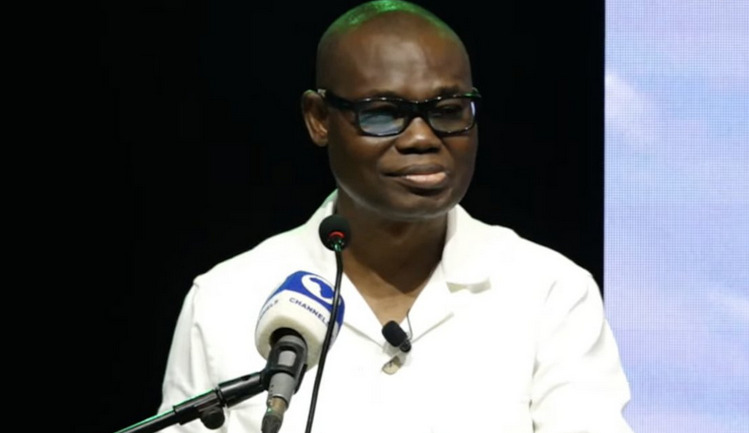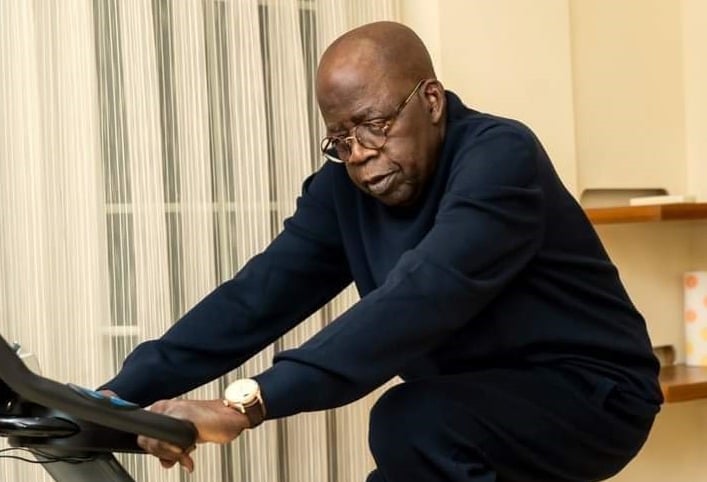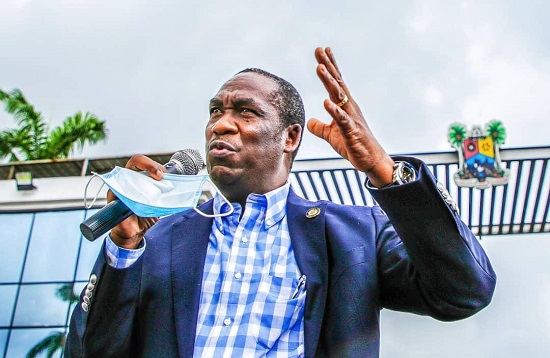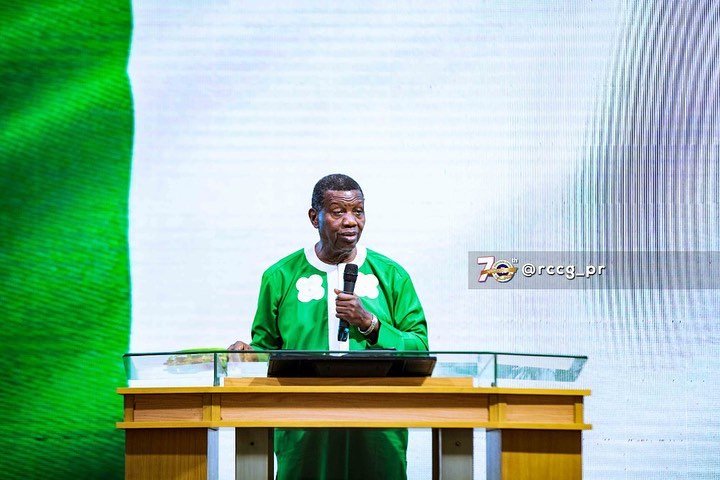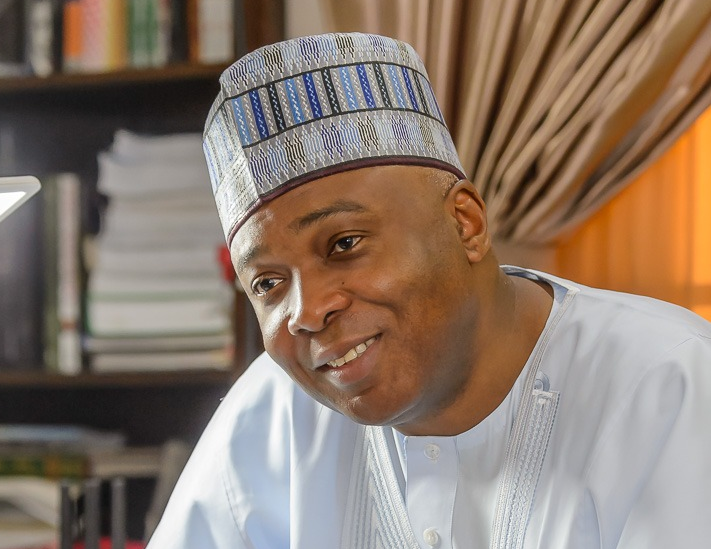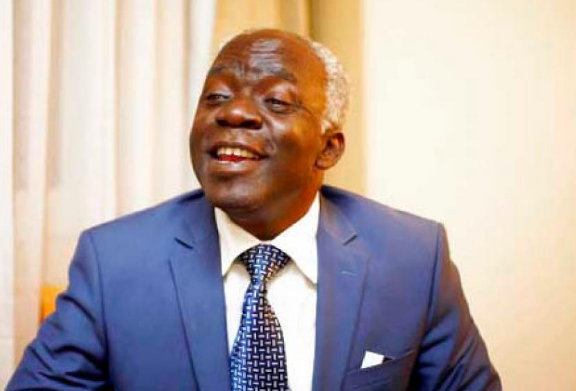Leke Alder, strategy, policy and brand consultant, has suggested ways to improve Nigeria’s tertiary education sector.
Alder spoke on Saturday at the 2022 edition of The Platform Nigeria, held in Lagos with the theme, ‘A Better Nigeria is Possible; Why What, How?’.
While speaking on the possible solutions for the country to adopt, Adler listed 10 key points such as job creation, cutting expenditure, and revamping education.
According to him, education needs to be linked to the private sector to be revamped.
Advertisement
“The private sector accounts for 80 percent of the gross domestic product (GDP). The private sector must have input in the designs of syllabi of universities and schools,” he said.
“Give the universities absolute autonomy. Scrap JAMB. Give the universities grants to manage the transition to full administrative autonomy. Create a better scheme for student loans so that students who cannot afford to go to those universities can at least take loans, and give them for a period of 20 years to 25 years.
“We have something like that in the country, but it’s hardly functional. Also, the loans have to be privately managed and not public.”
Advertisement
He also advised that polytechnics be converted into enterprises for fashion design, scriptwriting, interior design, digital art, among others.
“Why am I specifying these particular enterprises? It is because we have a creative generation and the best thing to create jobs is to put them in the way,” he said.
“The polytechnics are trying to reconfigure what the universities are doing and that is not practical; that doesn’t make sense. Let there be practical places where no theoreticians will teach in those places.”
Speaking also on education, Kunle Soriyan, founder and chief strategist, Kenneth Soriyan Research and Ideas LLC, said proper education is what is needed for people to be able to make informed decisions.
Advertisement
“We need to prioritise education. We need to emphasise education above academics. This education has to be informal, and there must be another way we have to begin to look at it,” he said.
“Africans by history don’t learn in classrooms. We learn in two ways; through apprenticeship and observation. It has helped us to do so many things in our history that I don’t have time to articulate.
“And shame on everybody who manages our education for their refusal to sit down and say, it is not a problem for me to lose a wall that forced us into slavery, but that the day we find independence, we must have the courage to ask ourselves who we are and how do we start again from where we stopped.
“We don’t have to bow to the reality of the assumptions of your colonial masters or your oppressors who define how you’re going to think about your life. Everything is on the table.”
Advertisement
Add a comment
